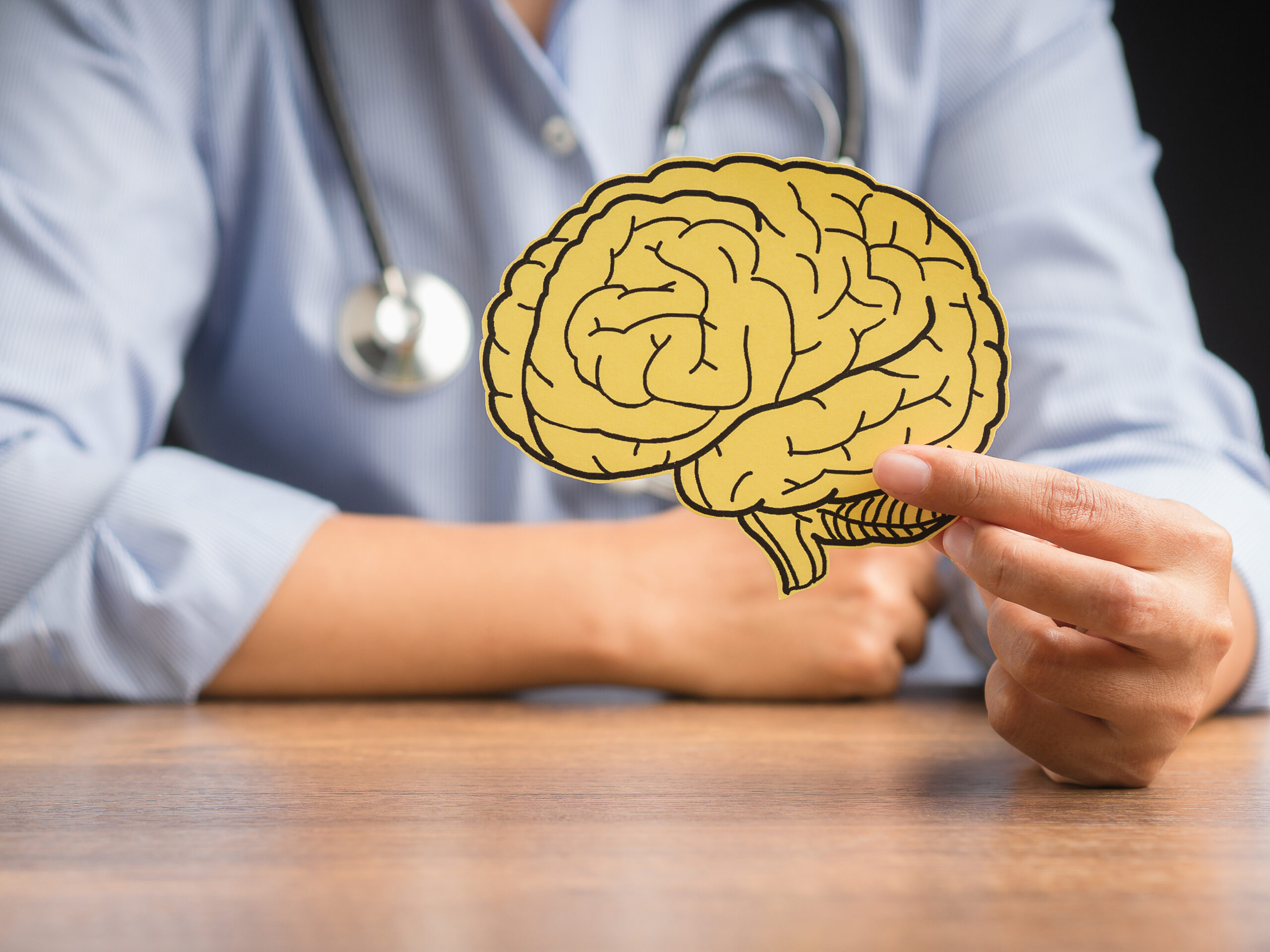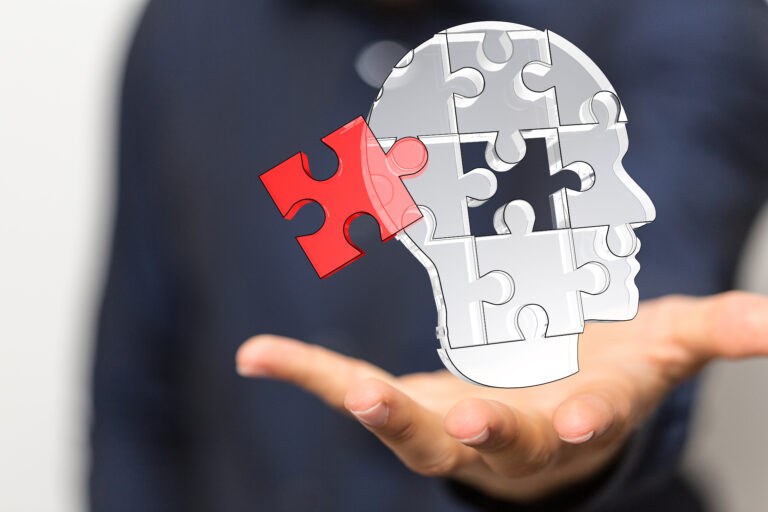Supercharge Your Brain
Introduction
As we grow older, our brains go through changes that can affect memory and thinking. We’ll explore what causes cognitive decline, the signs to watch out for, memory strategies to combat it and supercharge your brain, and when it’s important to seek medical help.
Causes of Cognitive Decline
Cognitive decline happens naturally as we age. It’s influenced by factors like genetics, lifestyle choices, and certain health conditions. These factors can affect how our brains work and increase the chances of cognitive problems.
- Alzheimer’s disease and other dementias: These progressive brain disorders can cause memory loss, confusion, and cognitive decline. These are more likely to develop if you have a family history of dementia. These begin gradually with symptoms slowly getting worse and worse.
- Medications: Some medicines can have side effects that affect how our brain works and can make it hard to think clarly.
- Long-term Medical Conditions: Conditions like diabetes, heart disease, high blood pressure, and kidney disease can affect the brain.
- Depression & Anxiety: Mental health conditions, if left untreated, can have negative effects of cognitive function and memory.
- Long-term Sleep Problems: Chronic sleep problems or disorders like sleep apnea can impact memory, attention, and overall cognitive abilities.
- Issues with Nutrition: Inadequate intake of essential nutrients, such as vitamin B12, folate, and omega-3 fatty acids, can impair cognitive function in seniors. If you are having difficulty with cooking nutritious meals, check out our guide on healthy eating.
- Long-term Stress: Prolonged exposure to high levels of stress can lead to inflammation and oxidative damage in the brain, potentially contributing to cognitive decline.

Symptoms to Look Our For:
Knowing the signs of cognitive decline is important for early detection. Keep an eye out for these common symptoms:
- Memory loss: Forgetting recent events, names, or important information that affects daily life.
- Trouble with problem-solving: Struggling to figure things out or make decisions.
- Difficulty with familiar tasks: Having a hard time doing things you used to do easily, like cooking or managing money.
- Confusion about time or place: Getting mixed up with dates, seasons, or feeling lost in familiar locations.
- Language problems: Having trouble finding the right words, following conversations, or expressing thoughts.
- Changes in mood or personality: Feeling moody, down, irritable, or wanting to be alone more often.

Strategies to Combat Cognitive Decline:
- Keep learning: Challenge your brain by reading, doing puzzles, learning new things, or playing a musical instrument.
- Stay active: Regular exercise helps the brain by improving blood flow and supporting cognitive function. Aim for activities like walking, dancing, or biking.
- Eat well: Eat a healthy diet with lots of fruits, vegetables, whole grains, lean proteins, and limit sugary and processed foods.
- Get enough sleep: Make sure to have a regular sleep routine and get about 7-9 hours of sleep each night. Sleep helps our brains process and remember information.
- Stay connected: Spend time with friends, join clubs or groups, and do activities that make you happy. Socializing keeps our brains active and healthy.
- Take care of your health: Manage any chronic conditions like diabetes or high blood pressure, take your medications as prescribed, and go for regular check-ups.

When to Seek Medical Attention
While memory strategies can be helpful, there are times when it’s important to seek medical help. Consider seeing your doctor or a neurologist if you start experiencing the following symptoms:
- Sudden or severe memory loss
- Rapid changes in thinking
- Safety concerns
- Concerns from family or friends
Or consider a memory screening. If you’re interested and in the Albuquerque area, click here.
Conclusion
Understanding cognitive decline helps us take better care of our brains. By knowing the causes, recognizing the symptoms, using memory strategies, and seeking medical help when needed, we can make a positive impact on our brain health. Remember, regular check-ups, a healthy lifestyle, and staying mentally active are key to keeping our brains in good shape.
For more information, check out our Blog section.



